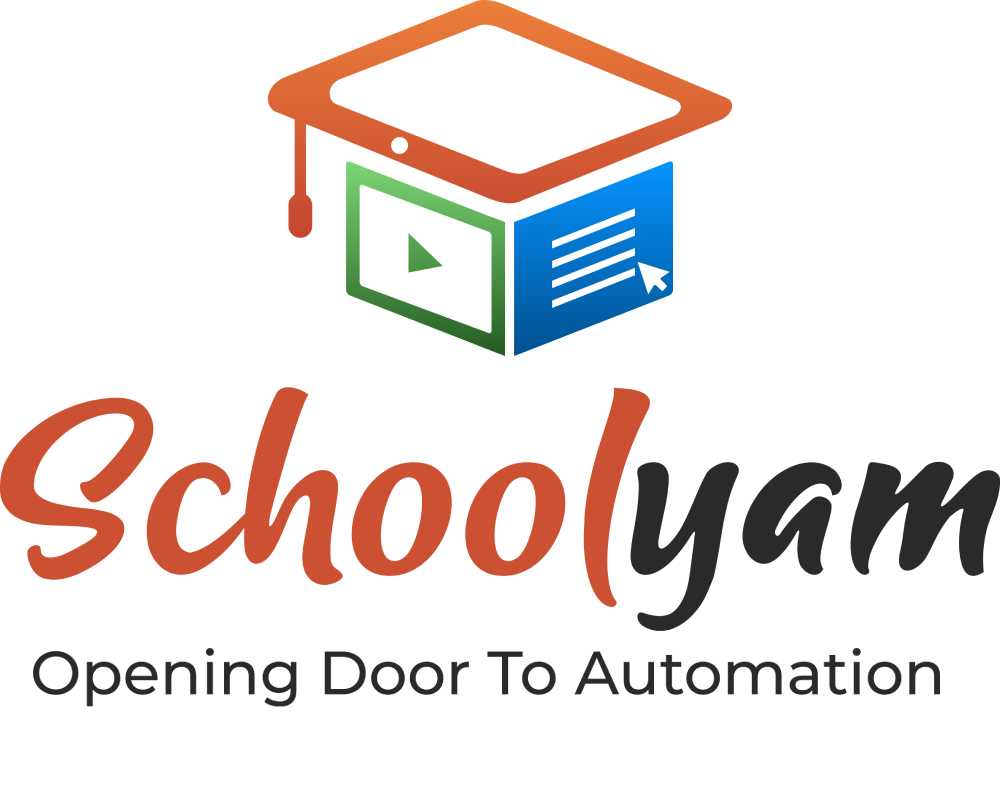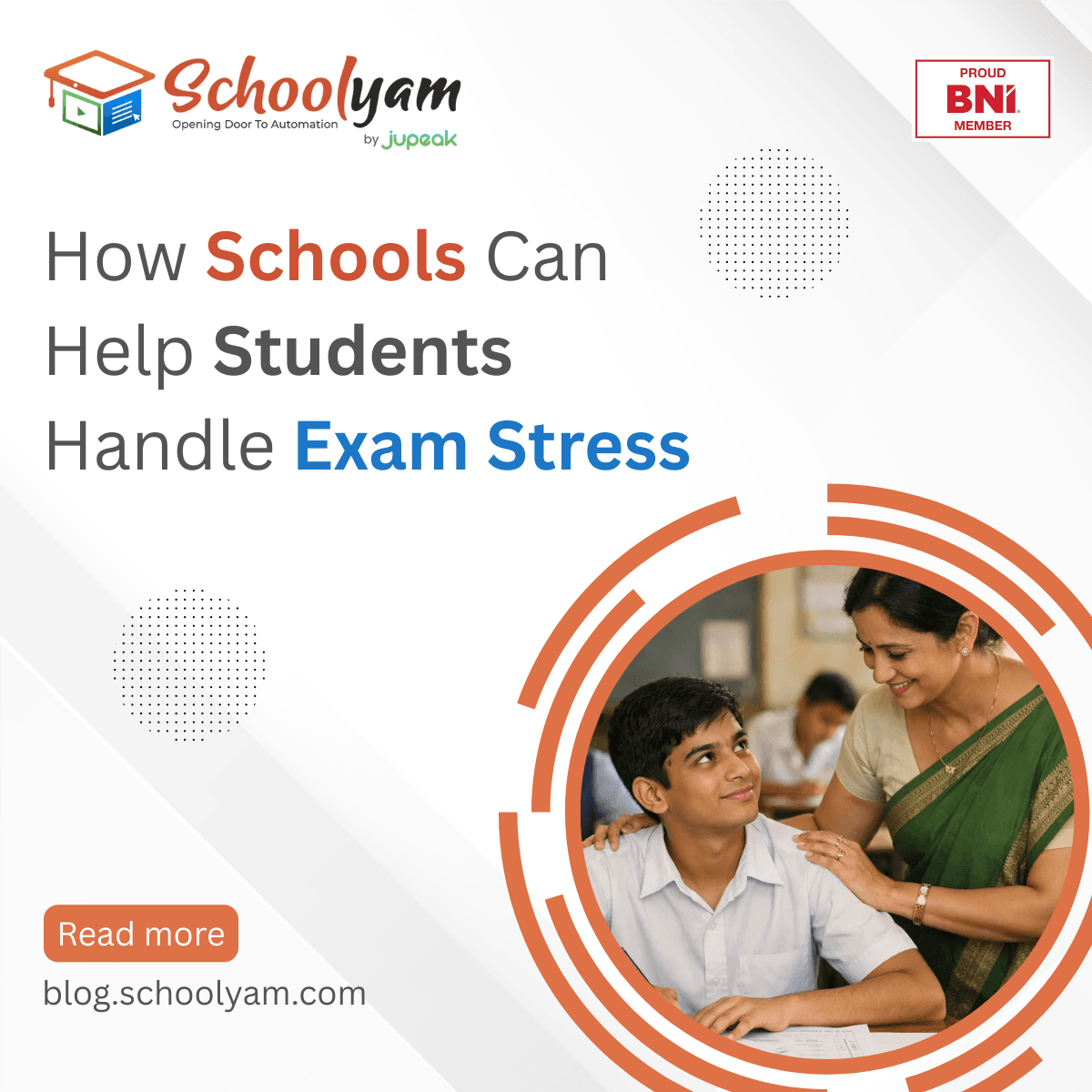
Introduction :
In the realm of online education, effective Classroom Management isn’t just desirable; it’s essential for fostering an environment conducive to learning and growth. With the absence of physical presence, managing online classrooms comes with its own unique set of challenges. However, with the right strategies in place, educators can create engaging and productive virtual learning spaces. Here are five outstanding classroom management strategies tailored specifically for online students:

Establish Clear Expectations from the Outset :
Setting clear guidelines and expectations is paramount for online classroom management. Right from the beginning, communicate to students what is expected of them in terms of participation, behavior, deadlines, and communication protocols. Establishing a code of conduct helps create a sense of structure and accountability within the virtual classroom.
Foster a Sense of Community and Collaboration :
In an online setting, it’s easy for students to feel disconnected from their peers and instructors. To counteract this, prioritize activities and assignments that encourage collaboration and interaction among students. Utilize discussion forums, group projects, and virtual breakout rooms to facilitate meaningful engagement and foster a sense of community within the online classroom.
Utilize Interactive Multimedia Tools :
Integrating multimedia tools and interactive elements into your online lessons can enhance student engagement and retention. Leverage platforms and applications that allow for real-time polling, quizzes, interactive presentations, and multimedia content to keep students actively involved in the learning process. By incorporating dynamic and interactive elements, you can capture and maintain students’ attention throughout the online session.
Implement a Structured Feedback System :
Regular and constructive feedback is essential for guiding students’ progress and reinforcing positive behaviors. Implement a structured feedback system that provides timely assessments, encourages reflection, and offers actionable insights for improvement. Whether through written comments, audio recordings, or video conferences, personalized feedback helps students stay motivated and informed about their performance in the online classroom.
Embrace Flexibility and Adaptability :
Flexibility is key when managing online classrooms, especially considering the diverse learning needs and circumstances of students. Be prepared to adapt your teaching methods and strategies based on evolving dynamics and feedback from students. Embrace technology as a tool for innovation and experimentation, and be open to trying new approaches to optimize the online learning experience for your students.
Conclusion :
In effective Classroom Management in the online environment requires a combination of clear communication, active engagement, innovative use of technology, and a commitment to fostering a supportive learning community. By implementing these outstanding strategies, educators can create enriching and impactful online learning experiences that empower students to thrive in the digital age.
5 Outstanding Classroom Management Strategies for Online Students.



